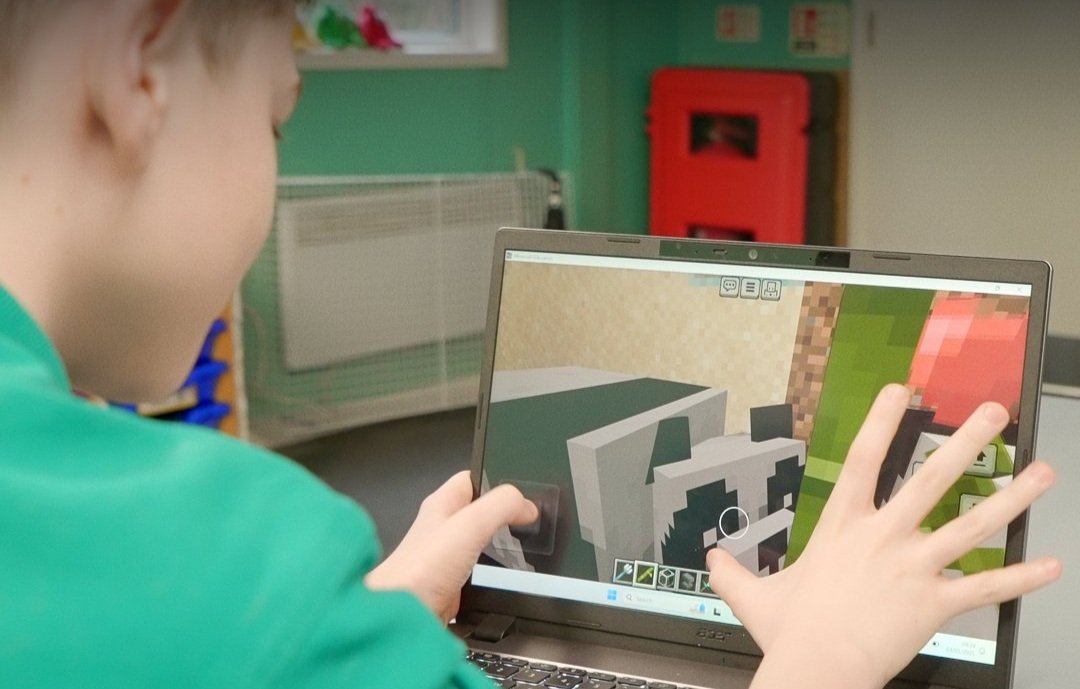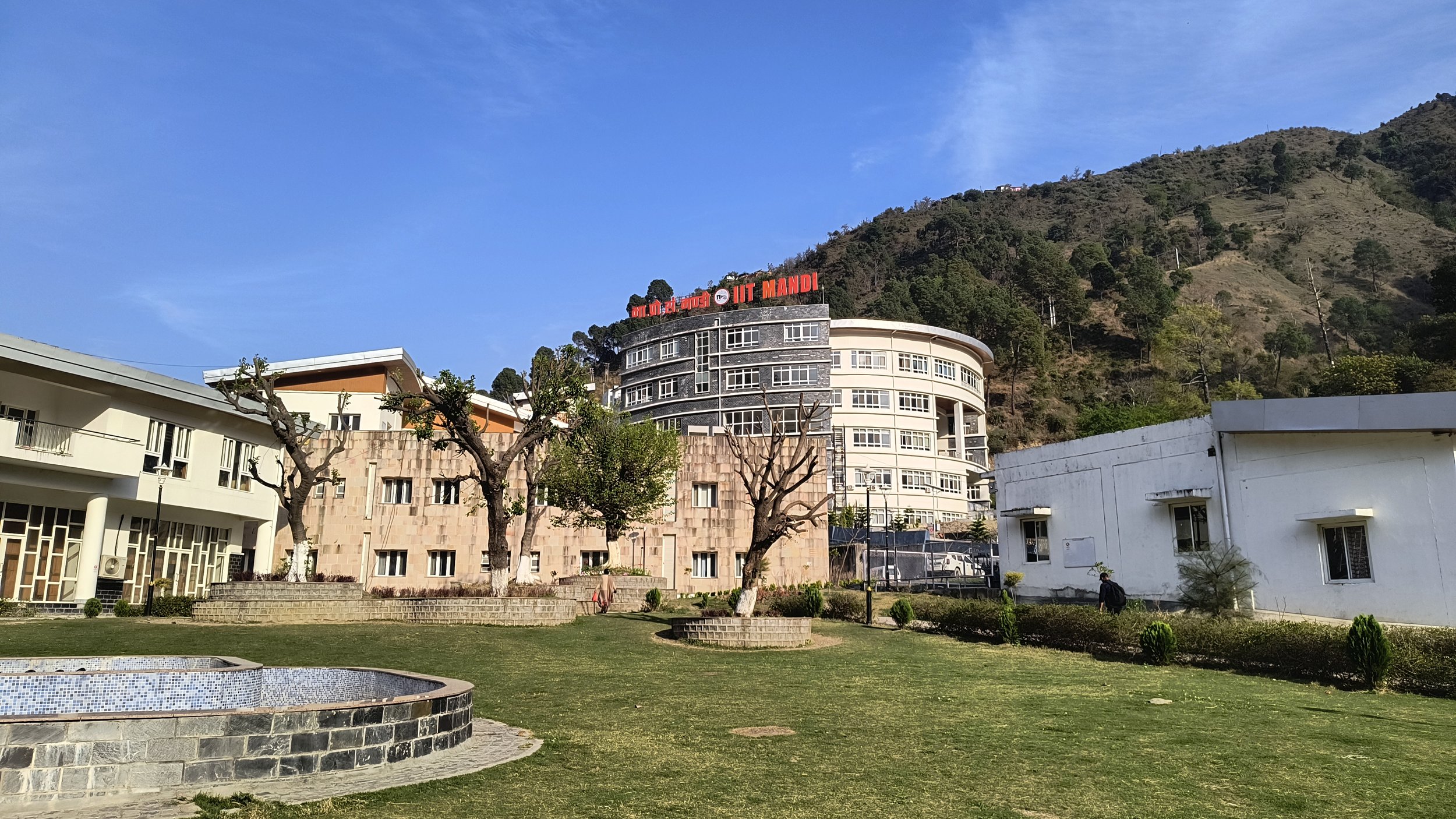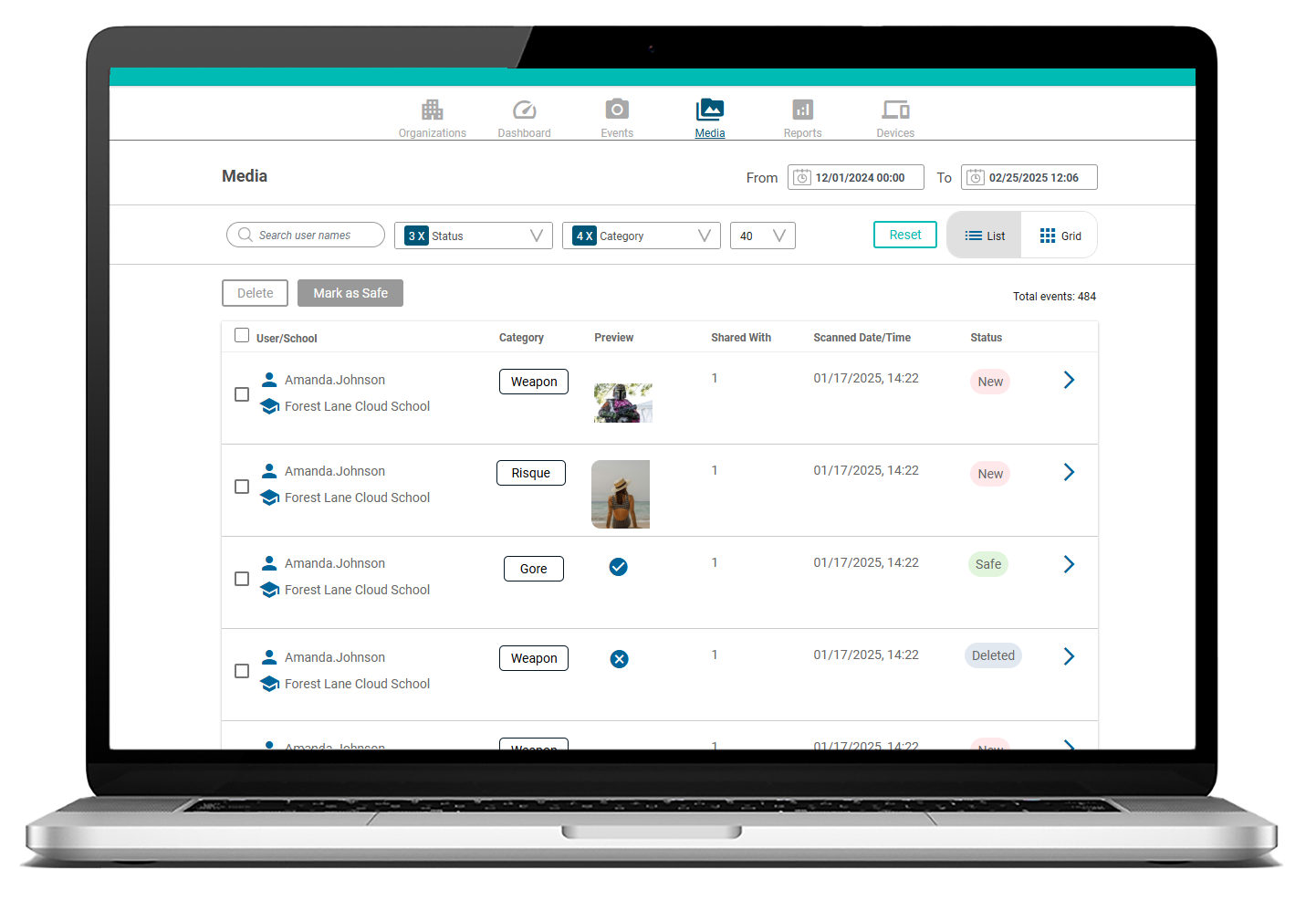Zayed Sustainability Prize opens $5.9M fund for 2026 global sustainability initiatives

The Zayed Sustainability Prize, a UAE-based global award recognizing innovative sustainability solutions, has opened submissions for its 2026 cycle.
The $5.9 million fund supports small and medium-sized enterprises (SMEs), nonprofit organizations, and high schools working to address sustainability challenges across six categories: Health, Food, Energy, Water, Climate Action, and Global High Schools.
Established by Erth Zayed Philanthropies, the prize provides funding for projects focused on healthcare access, food security, clean energy, and environmental sustainability. Since its launch 17 years ago, it has supported initiatives that have impacted over 400 million people worldwide.
Each winning organization will receive $1 million, while Global High Schools, divided into six world regions, can receive up to $150,000 to implement or expand their sustainability projects.
H.E. Dr. Sultan Ahmed Al Jaber, UAE Minister of Industry and Advanced Technology and Director General of the Zayed Sustainability Prize, said:
“The Zayed Sustainability Prize honors Sheikh Zayed’s vision of advancing inclusive sustainable and humanitarian development. By supporting projects that harness new technologies to improve lives and drive prosperity in local communities, the Prize places people at the heart of progress, and demonstrates the role of the Nexus of Next in accelerating socio-economic growth worldwide.”
In 2024, the prize received 5,980 submissions from 156 countries. Winners were recognized at an awards ceremony in Abu Dhabi attended by H.H. Sheikh Mohamed bin Zayed, President of the UAE, alongside government and business leaders.
For the 2026 cycle, applicants in the Health, Food, Energy, Water, and Climate Action categories must demonstrate that their solutions improve access to essential services and have long-term viability. Global High Schools must submit student-led projects focused on sustainability challenges.
The selection process consists of three stages. First, submissions undergo due diligence to assess their impact, innovation, and scalability. A Selection Committee of international experts then evaluates eligible entries, with finalists reviewed by the Prize Jury, which selects the winners.




















